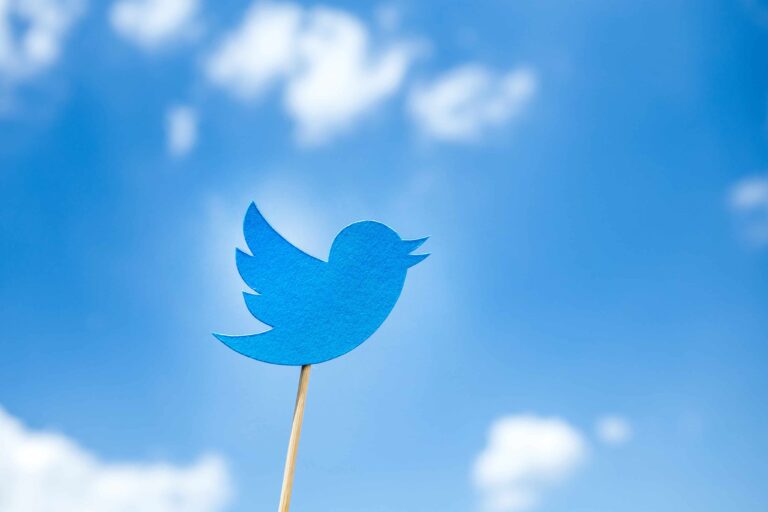In a seismic shift away from the way nearly all major social media platforms handle cannabis ad-related content, Twitter announced it will be the first to allow cannabis-related ads based in the U.S.
Twitter announced that it will allow advertisers to promote branded and informational cannabis-related content under the following categories: CBD and similar cannabinoid products; THC and similar products; as well as cannabis-related products and services such as delivery services, labs, growing technology, search engines, and events.
The cannabis ad policy move changes everything for businesses with the money to advertise. Toronto, Ontario-based AdCann in Canada was the first to break the news.
“Up until now, only CBD topical brands were permitted to advertise on Twitter’s platform,” AdCann wrote on its website. “Moving forward—the social network will allow for the promotion of regulated THC and CBD-containing cannabis products, accessories, services and more.”
AdCann continued, “American cannabis companies, brands, and purveyors will need to pass through a Twitter advertiser approval process to ensure they are legitimate and educated on the platform. Once approved, industry marketers will have access to Twitter’s entire suite of advertising products including promoted tweets, promoted product opportunities, location-specific takeovers, in-stream video sponsorships and partner publication features.”
AdCann reiterated that in Canada, cannabis has been legal at the federal level since 2018, so Twitter already allows for cannabis advertising in the country.
Cannabis Companies React to Policy Change
Leading cannabis company PAX, makers of industry standard devices like the PAX Pro and PAX Era, is among the first brands to advertise cannabis-related content on Twitter.
“This is a big moment, as a major advertising platform is making the decision to treat cannabis like any other consumer products category,” Luke Droulez, VP of Marketing at PAX said in a statement obtained by High Times. “We’re excited to be among the first of Twitter’s cannabis advertising partners and be able to engage customers more directly. After decades of prohibitionist propaganda, there is an opportunity to destigmatize and normalize the plant and its use.”
Twitter posted the policy update on its Drugs and Drug Paraphernalia section of the website, which outlines the process for advertisers promoting cannabis products.
“We permit approved cannabis (including CBD – cannabinoids) advertisers to target the United States, subject to the following restrictions:
- Advertisers must be licensed by the appropriate authorities, and pre-authorized by Twitter.
- Advertisers may only target jurisdictions in which they are licensed to promote these products or services online.
- Advertisers may not promote or offer the sale of cannabis (including CBD – cannabinoids)
- Exception: Ads for topical (non-ingestible) hemp-derived CBD topical products containing equal to or less than the 0.3% THC government-set threshold.
- Advertisers are responsible for complying with all applicable laws, rules, regulations, and advertising guidelines.
- Advertisers may not target customers under the age of 21.”
Elon Musk and the New Twitter
Twitter owner and billionaire Elon Musk is in an ongoing game of chess: It’s the latest major change on the platform under his watch, among many, including the decisions to launch paid verification and reinstate accounts like Donald Trump’s.
Meanwhile, on Feb. 4, Twitter owner Elon Musk cryptically tweeted “420,” which assuredly is a jab back at a previous 2018 tweet about 420 that landed him in trouble with government and aerospace officials.
In 2018, Musk rounded up Tesla shares from $419 to $420, announcing his plan to go private in a tweet. “Am considering taking Tesla private at $420,” Musk tweeted on Aug. 7, 2018. “Funding secured.”—sending officials from The Securities and Exchange Commission (SEC) into a tailspin. Musk denied the tweet was about cannabis in a California court.
